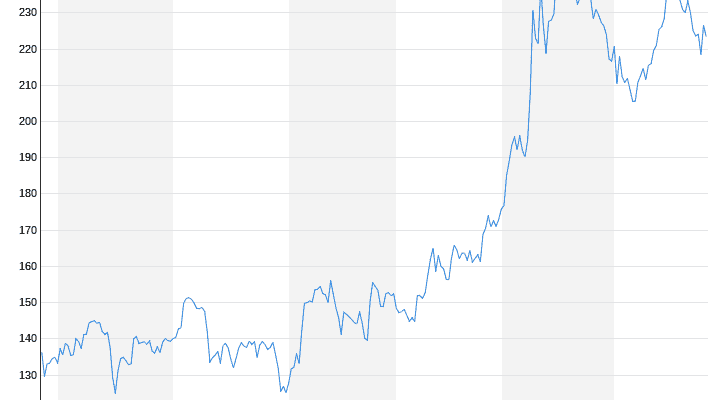Wednesday June 23, 2021
Fierce competition
VW threatens ID false start in China
With the ID models, Volkswagen wants to open up the market for electric cars in China. Obviously, this is turning out to be more difficult than hoped. But the group remains confident.
Volkswagen is making slow progress in selling the electric cars in its new ID family in China. In May, only 1,213 vehicles of the two ID.4 SUV models were sold two months after the start of sales. According to data from the consulting firm LMC, that was around 200 fewer than in April. This meant that sales remained far below what VW had hoped for, as several people familiar with the matter told Reuters news agency.
Volkswagen also performed worse than some of its competitors, whose e-cars were in high demand at the start of sales in the world’s largest car market. Insiders attributed the unpromising debut to a lack of technical functions, tough competition, the comparatively late start and problems with a new sales network for e-cars in China.
“The sales have so far fallen short of our expectations. We had to repeatedly reduce the production plans for the ID.4,” says one of the insiders. “It’s not healthy, but customers aren’t coming to buy them right now.” Volkswagen countered that sales in China were in line with expectations. Production and a new sales network for e-cars are still being set up.
A spokeswoman said that 1,500 vehicles of the two models ID.4 X and ID.Crozz were sold in May, around 200 more than in April. She explained the difference to the figures from LMC with differences in the collection of the data. The automaker was confident that sales would rise in the coming months and pointed to plans to launch three more ID models in China. A comparison with the Model Y from US electrical pioneer Tesla is not possible because it is a different vehicle segment. The US rival delivered 6612 Model Ys in the first two months after this type was launched in China.
Sales of the ID.4 in China are in stark contrast to Europe, where, according to data from JATO Dynamics, the car was the best-selling electric car with around 12,100 vehicles sold in the first two months after its market launch.
China is of enormous importance
Volkswagen wants to become the world’s largest supplier of electric cars by 2025 and is investing billions of euros in the development of new vehicles. The decisive battle is taking place in China. In no other country is electromobility subsidized by the state as massively as there. And nowhere else are there so many competitors. The Chinese automotive industry, which was still lagging behind the western competition in combustion technology, has risen to become a serious competitor for electric cars.
Volkswagen is the market leader in cars with internal combustion engines in the People’s Republic, but it has to work out a position in electric cars first. According to experts, this is proving to be more difficult than initially thought. Because customers in China are particularly demanding when it comes to technical innovations. “Chinese consumers value the sense of technology and science fiction of electric vehicles – and brand loyalty has always been low. This is what sets China apart from the European market,” said Yale Zhang, head of Shanghai-based consultancy Autoforesight.
Unlike Tesla models and a growing number of vehicles from Chinese electric car manufacturers such as Xpeng and Nio, the VW ID.4 cannot park automatically and does not offer advanced self-driving functions or advanced voice control. Volkswagen only wants to offer such functions in its newer models and through software updates.
According to analysts, the Wolfsburg-based company should not be allowed to falter in e-mobility in the world’s largest car market. “China is of the utmost importance to VW’s financial health,” said Arndt Ellinghorst of Bernstein Research. This is where the group brings in a large part of the funds it needs for the transformation. He was therefore slightly concerned that a continued erosion of VW’s position in the mass market could weigh on future earnings and cash flow from the region, wrote Ellinghorst.
.
